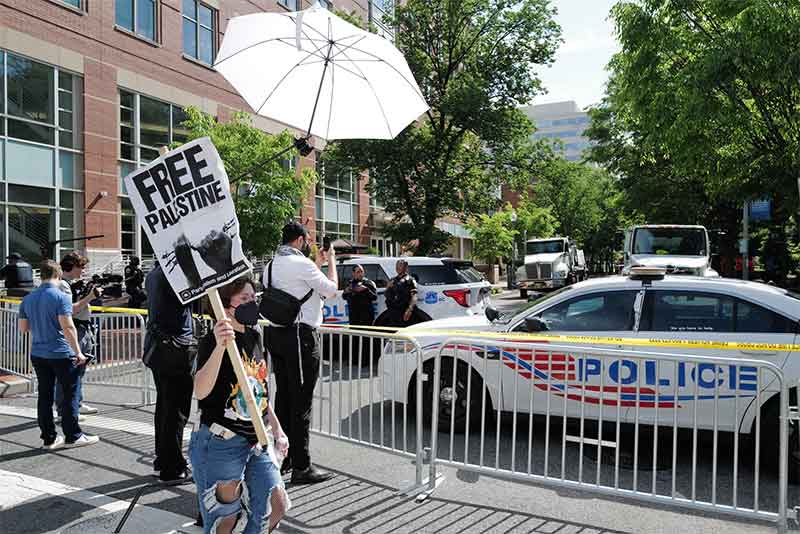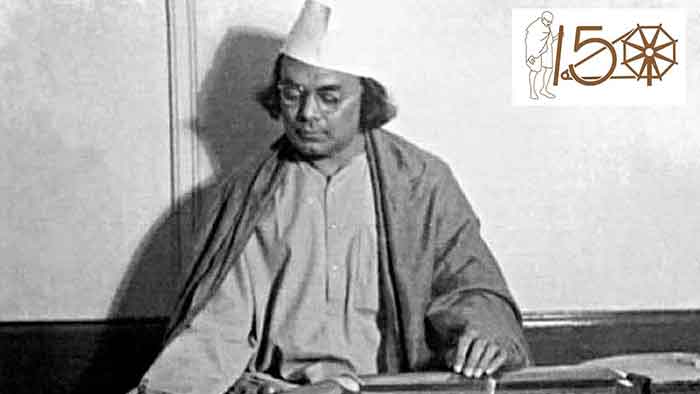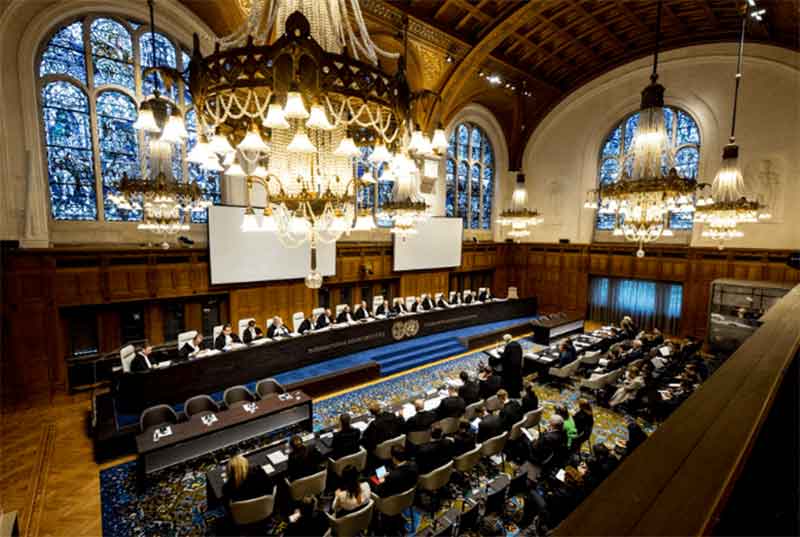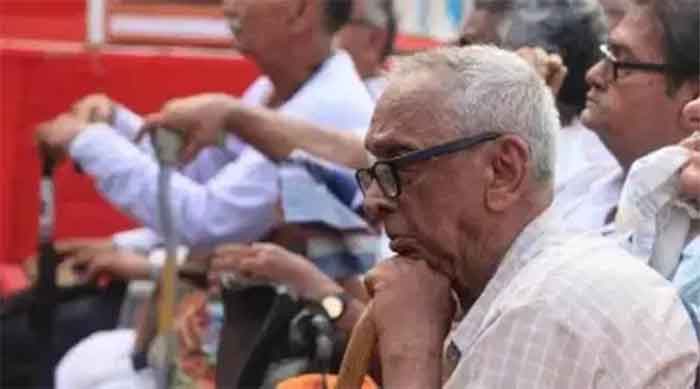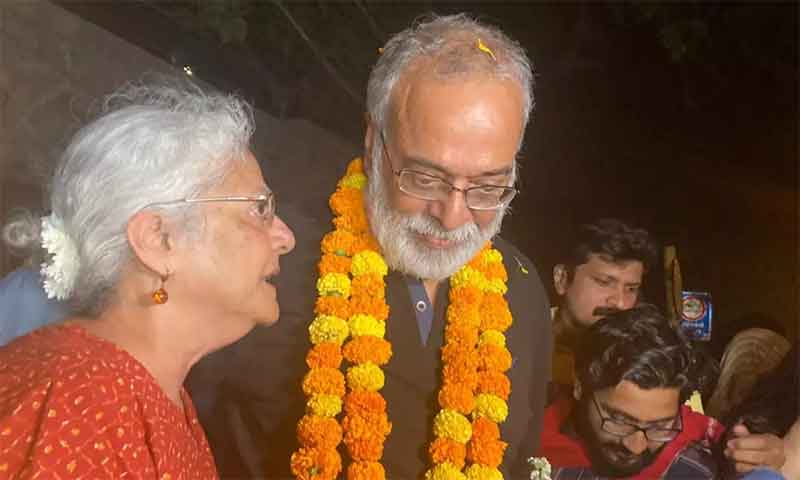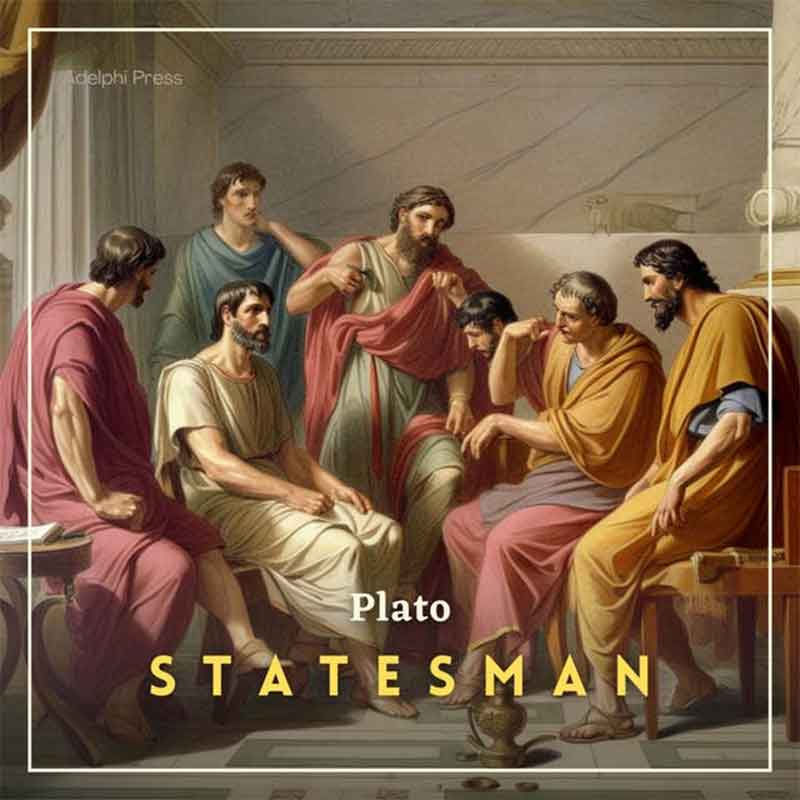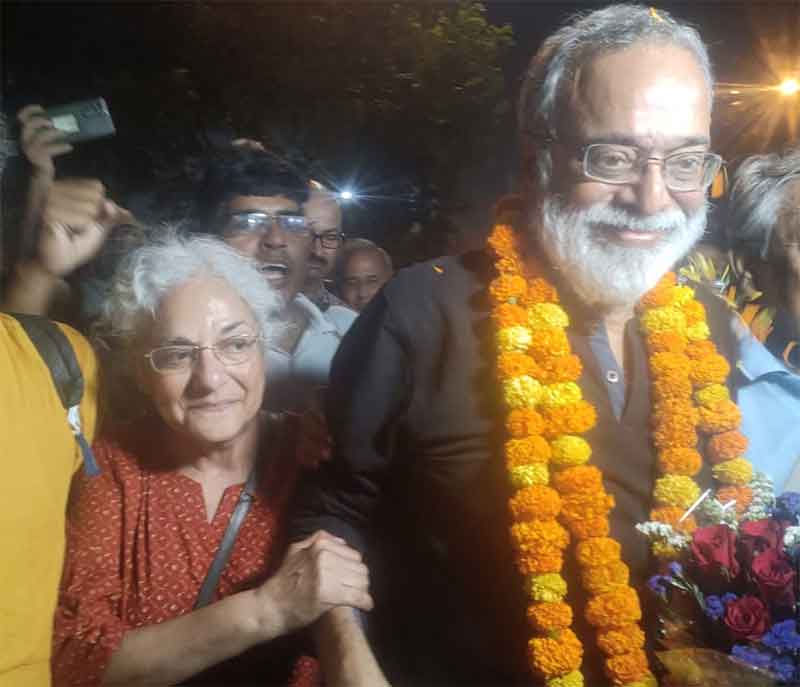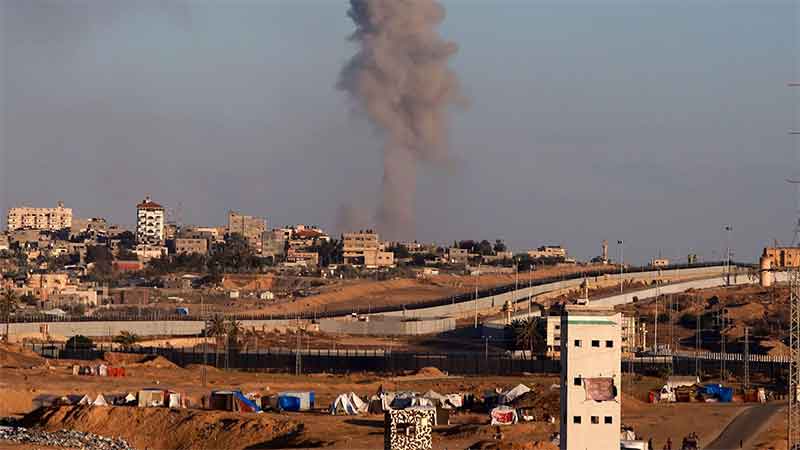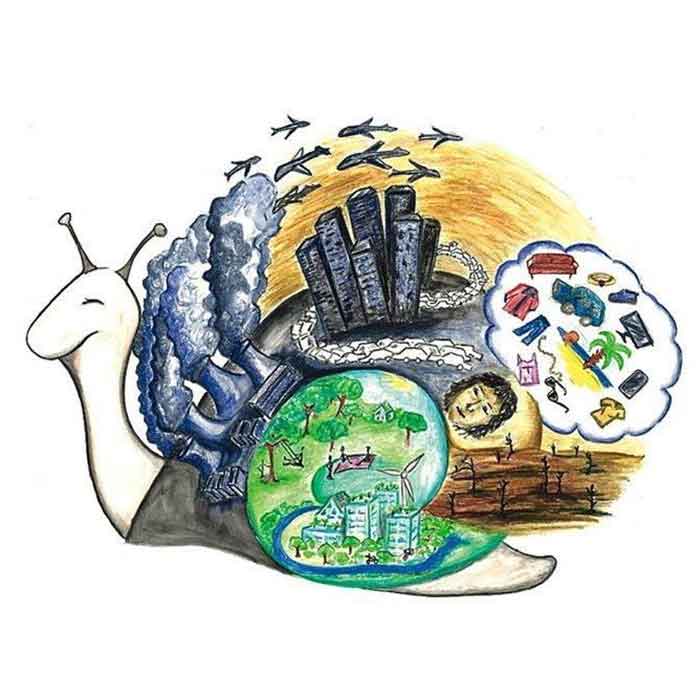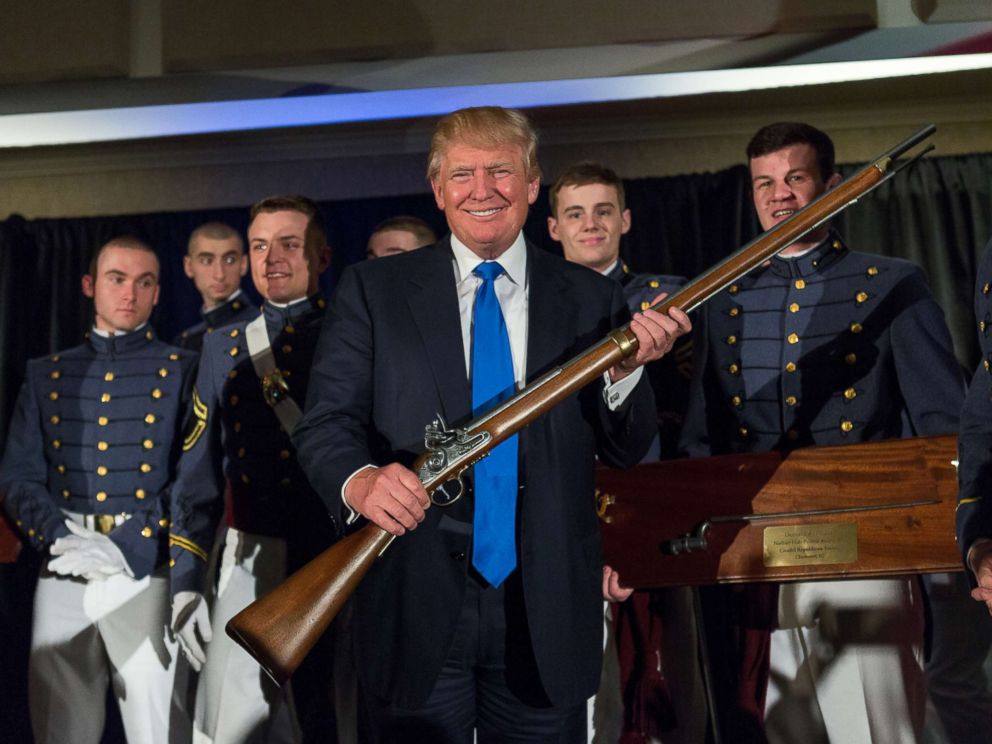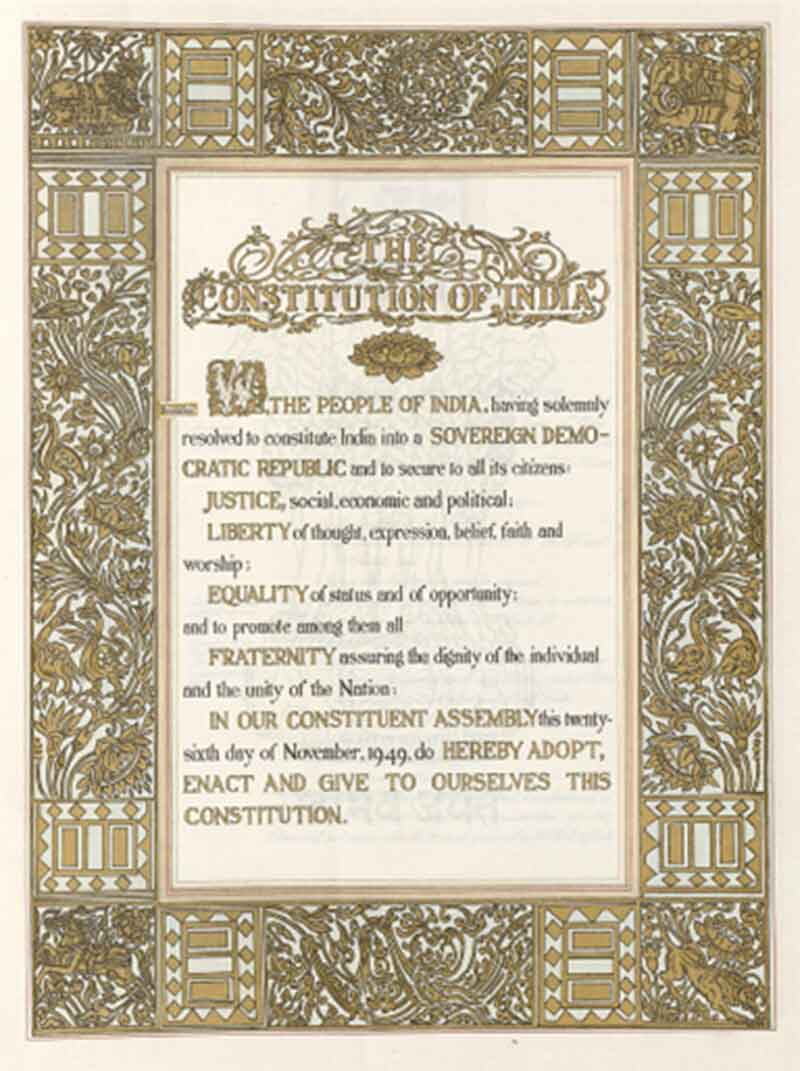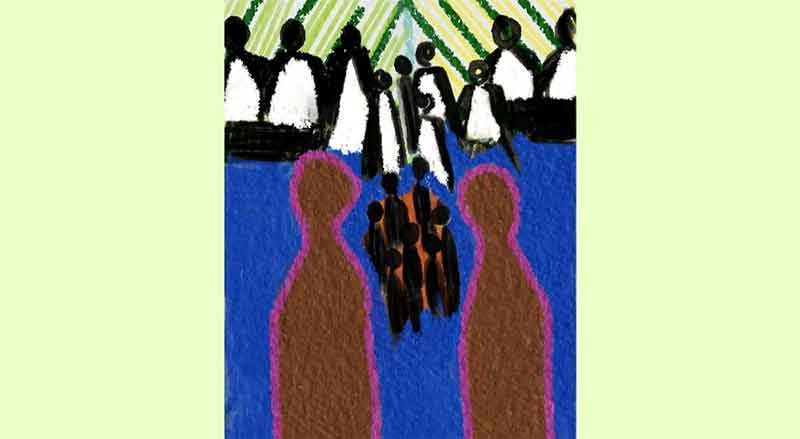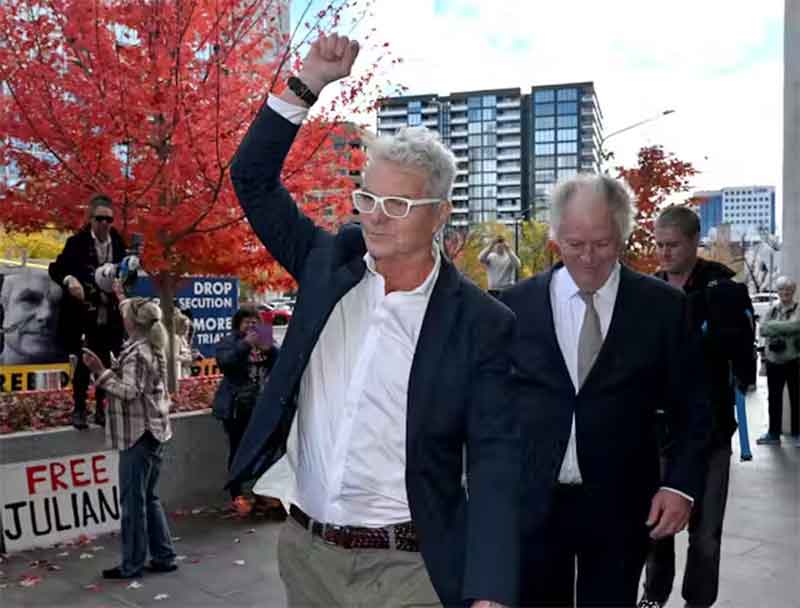
Major newspapers and newssites are slowly relegating pro-Palestinian campus protest news to less visibility. The encampments on campus are being cleared, one by one, and protest sites are being swarmed by riot-police. The accusations of anti-semitism are roaring from all corners, with President Biden also joining in the chorus.
Yet, the fire of resistance to the injustice in Gaza continues to glow. There are still several encampments standing on campus. Some protesters are reclaiming the encampments they were ordered out of, like at MIT.
Right now, as graduation ceremonies are occurring across several campuses in the US, the show of pro-Palestine protests continues by attending students. Several students who are speakers at such events are making their voices heard and speaking out about the continued injustice in Gaza. Several ceremonies have been cancelled also, including the one at Columbia.
The wave of student protests on US educational campuses, from coast-to-coast, has scared the college administrators out of their wits, disturbed politicians and even moved Israeli prime minister, Benjamin Netanyahu, to label them “horrific.”
If the (political) state had done its job properly and fairly, the students would not have had to rise up in protest in the manner they have done, in the face of unconscionable loss of life in Gaza and the continued threat to those surviving.
On April 23, President Biden signed a bill to provide nearly USD 17 billion in weapons aid to Israel.
According to the Palestinian Ministry of Health, more than 34,000 Palestinians have perished in Gaza since the current hostilities began, as noted by the Palestinian Center for Human Rights.
But on account of the utter failure of the state to act responsibly and to minimize human suffering in Gaza, the students have had to “step up to the plate,” as the American expression goes. In doing so they have been subject to brutal state repression by heavily armed law enforcement.
There are a large number of images of students and faculty being tackled to the ground by burly, helmeted, heavily armed security forces. We see them being pushed, shoved, zip-tied and marched away. Such images have been coming in from almost all campuses in the US, but especially from Emory University, University of Texas (Austin), Emerson College and Northeastern University, and of course from Columbia University, where the police crackdowns have been employing disproportionate force.
Faculty members of at least two prominent universities, Emory and Dartmouth, both in their 60s, were slammed to the ground and later arrested.
And at the University of California, Los Angeles (UCLA), counter-protestors repeatedly attacked the Palestinian encampment till riot police were called in.
Even in southern states like Florida, where the Republican governor Rob DeSantis openly threatened expulsion for protesting students, the students still braved the threats and have carried on protesting.
While the Palestinian students are leading the protests, as they should, a gamut of protestors from all races and backgrounds have joined in and put their academic careers on the line as well. Jewish students are also part of the student solidarity movement for Palestine. It is by-and-large the so-called digital generation, the Gen Z, that is on the forefront of the protests.
Organizing for Palestine is well-established on US campuses. Some form of a student group, like Students for Justice in Palestine (SJP), exists on many campuses. Most of such groups are run by undergraduate students, so they become involved in the fight against injustice in Palestine quite early on in their college careers.
On many US campuses, student activism on various issues of justice also intersects with the struggles of campus staff. From 1998 to 2002, Harvard University students waged a struggle for “living wages” on their campus. Similar collaborative struggles for workers’ rights take place on other campuses too.
The US campuses have a history of activism over a wide variety of causes. In the 1960s, there were protests over issues of free speech, the Vietnam war and against issues of racial discrimination, especially at Columbia and colleges in west coast towns like Berkeley and Oakland. It was at Merritt College in Oakland that the Black Panther Party saw its beginnings. In 1970, four students were killed when police opened fire on anti-war demonstrators at Kent State University in Ohio.
The anti-apartheid movement in South Africa again saw widespread demonstrations and calls from divestment on US campuses. The Occupy Wall Street Movement of 2011 and later the Black Lives Matter movement had their effects on campuses.
Thus, the spirit of resistance and organizing runs deep despite a general apathy towards public protests in the US.
The protests, then, are occurring against a background of sweeping state repression and public censure. Added to this, there is a political establishment deeply committed to supporting Israel, come what may.
There have been missteps and overreach, probably, by the passion of some of the protesters. Many progressives have questioned the tactics adopted by some of the protesters, especially at Columbia. Yet, despite some instances of foolhardiness, one cannot discount the moral courage and a sense of outrage that the protesters have demonstrated.
The US campus protests played a big role in the anti-apartheid struggle. This time too the pushback is coming from the belly of the beast, so to say, with the US brazenly supporting Israel’s aggression.
One has to tip one’s hat to the students who took it upon themselves, despite all odds, to at least speak up against the continuing gross injustice in Gaza.
As one survivor from the deadly Kent State shootings in 1970 said recently, “If not a college campus, where else in our society, in this democracy, can we count on large groups of people to do exactly what these college students are doing: paying attention to the world, looking at what is being done in the world…”
Umang Kumar is a writer based in Delhi NCR






